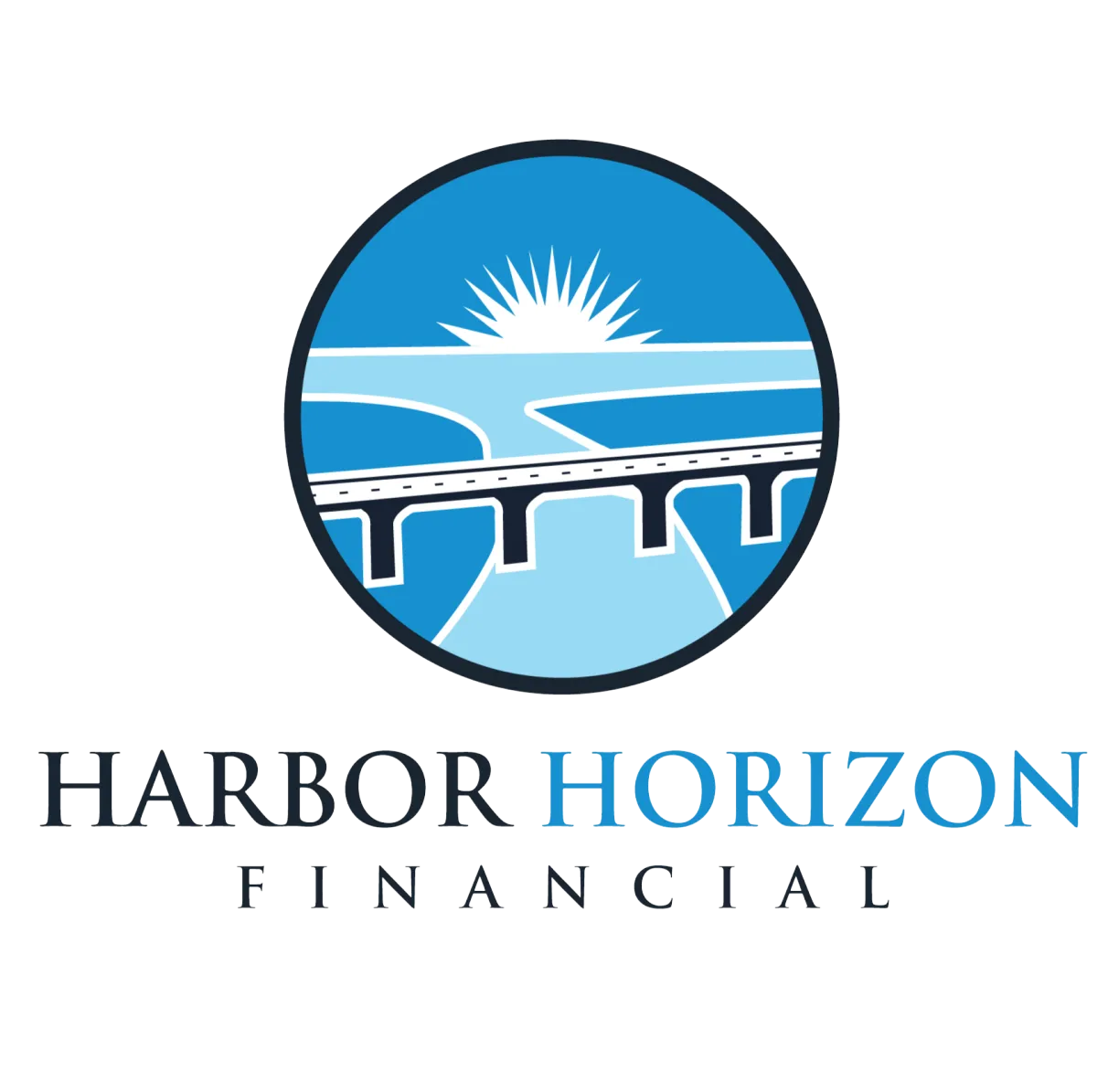
Mastering Cash Flow for Long-Term Financial Success
If you’re earning good money but not seeing it pile up the way you'd like… this one's for you.
Because making more isn’t the problem.
Managing it well? That’s a whole new skill set.
Let’s break down why mastering your cash flow is one of the most powerful levers you have for building long-term wealth, hitting your goals earlier, and, this is important, not being the richest person in the graveyard.
What Cash Flow Management Actually Means
Cash flow is just a fancy term for how money moves in and out of your life. It includes:
Income (salary, distributions, rental income, etc.)
Expenses (fixed bills, taxes, groceries, etc.)
Investments and debt payments
Positive cash flow means you're spending less than you make, which gives you options: to invest, build a safety net, or finally take that sabbatical.
Negative cash flow? That means your lifestyle’s outpacing your income, and yes, that can happen even at $300K+ a year.
Why This Matters (Even If You're Crushing It on Paper)
High-income ≠ financial success. I’ve seen plenty of people earning multiple six figures who still feel stuck. Why? Because:
They don’t know where their money is actually going
They’re saving, but not with intention
They’re investing, but not coordinating it with their goals
Cash flow management gives you clarity and control.
When you know what’s coming in, what’s going out, and where the extra is going, you can actually make progress on the stuff that matters: early retirement, paying for your kids’ college, or scaling back without stress.
Budgeting Tips for High-Income Earners
Here’s where things can go sideways for folks making good money: you don’t have to budget... so you don’t. Until suddenly it feels like you’re working hard and still wondering where it’s all going.
Let’s make a few adjustments:
1. Pay Yourself First
Automate transfers to savings and investments before you do anything else. This creates forced progress, even if life gets busy.
2. Use Automated Tools Like Monarch
Use tech to track spending and cash flow automatically. Monarch is one of my favorites because it’s simple, collaborative, and low maintenance. You won't have to manually track each transaction.
3. Set Spending Boundaries, Not Just Budgets
Instead of tracking every $6 latte, look at the big rocks: travel, dining, shopping, and subscriptions. Pick your priorities and set healthy limits, ones that let you enjoy your lifestyle without sabotaging your future.
4. Use the 50/30/20 Rule: Then Make It Yours
This rule is a solid starting point:
50% for needs
30% for wants
20% for savings/investing
But if you're aiming for early retirement or have already saved more than enough? You may want to dial that savings rate up or down.
Your goals and situation determine the mix, not a rule someone made up for the general population.
5. Check In Quarterly
Income, expenses, and goals all shift. Revisit your plan every few months and ask: Is this still working? Am I saving enough? Do I need to pivot?
Spending vs. Investing: Finding the Right Balance
Not all spending is “bad.” But some of it is just noise.
Good spending? That improves your quality of life today and supports your future:
Hiring a coach or team to free up your time
Taking that anniversary trip with your spouse
Buying the house you’ll live in for the next 20 years
Investing, on the other hand, is planting seeds. And if you want to stop trading time for money someday, you need those seeds growing.
Ask yourself:
Does this expense add value or create future return?
Am I overspending on short-term dopamine instead of long-term goals?
Is my investing strategy coordinated with my cash flow?
7 Cash Flow Strategies To Master Your Money
Track where your money’s going, fixed expenses like subscriptions, insurance, and mortgage, and variable ones like food (which, for most families, is the biggest wild card).
Automate transfers to savings, retirement, or brokerage accounts.
Build a 6-month emergency fund to create a solid foundation.
Tackle high-interest debt aggressively. It’s hard to build wealth with this hanging around
Review your recurring charges. Those $19/month subscriptions add up.
Create a monthly cash flow projection. Know what’s coming and going, not just what happened last month.
Put surplus cash to work. Don’t let money sit around bored in a checking account. Even a high-yield savings account is better than zero interest.
Common Cash Flow Mistakes
Winging it. “I make enough, it’ll be fine.” Until it’s not.
Over-saving without a purpose. You don’t need to hoard every dollar if you’re on track. Let’s enjoy life too.
Mixing business and personal finances. This complicates everything and puts you at legal risk.
Ignoring taxes. Especially for business owners, this needs to be planned for.
Not updating your plan. Your goals change. Your budget should too.
Your Cash Flow Should Match Your Life Stage
There’s no one-size-fits-all. If you’re:
Just starting to build wealth→ Focus on automation and consistency
Running a business→ Build buffers, smooth out income, and coordinate tax planning
Nearing retirement→ Prioritize flexibility, liquidity, and spending intentionally
Sometimes, my job as a planner isn’t to tell people to save more. It’s to tell them they’re saving enough, and it’s okay to spend more now. The goal isn’t to die with a big bank account you never enjoyed.
Long-Term Wealth Starts with Cash Flow Clarity
You don’t have to micromanage every dollar. But you do need a system.
When you master your cash flow, you gain control, flexibility, and confidence to make smarter decisions, personally and professionally.
And if you don’t want to build that system alone? That’s what I do.
Book a strategy call here. It’s casual, it’s personalized, and it might be the best 30 minutes you spend on your financial future this year.
Frequently Asked Questions
1. What’s the key to effective cash flow management?
Awareness. You can’t change what you don’t track. Once you know where your money is going, it’s easier to align it with your goals.
2. How can high-income earners manage cash flow better?
Don’t fall into the trap of “I make enough, I don’t need a plan.” You do. Automate your savings, be intentional with spending, and review quarterly.
3. What’s the difference between spending and investing?
Spending gives you a benefit today. Investing builds your future. You want to find a balance, one that lets you enjoy your life now without sacrificing later.
4. How often should I review my cash flow plan?
Quarterly is ideal. At a minimum, review it anytime your income, goals, or expenses change significantly.
5. Why is managing cash flow just as important as earning a high income?
Income is only part of the equation. You can earn multiple six figures (or more), but if it’s all going out the door, it won’t build anything lasting. Cash flow is about what you keep, and that’s what gives you freedom. Freedom to invest, to retire early, to support your family, to give generously, or just to sleep well at night.

